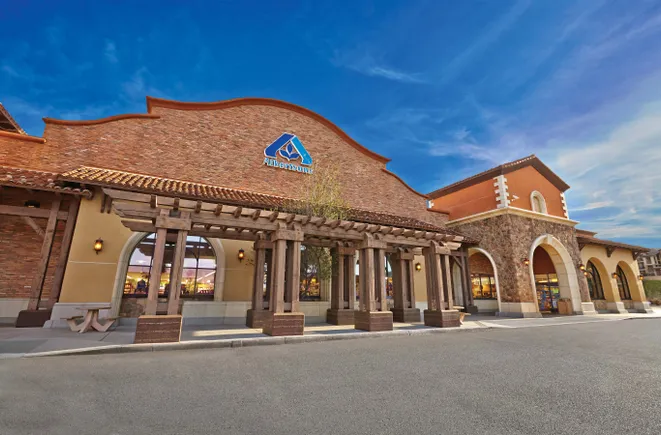In a recent lawsuit unsealed by Albertsons, the supermarket chain alleged that Kroger’s actions led to the failure of their planned merger. The complaint, filed in the Delaware Court of Chancery, claimed that Kroger deliberately proposed selling its worst-performing stores and spurned attempts by Albertsons to develop a more robust divestiture plan. As a result, Albertsons found themselves in a weakened position as they navigated the aftermath of the failed merger.
According to the lawsuit, Kroger’s behavior throughout the merger process only served its own financial interests, causing delays in responses to regulators and presenting proposals that were doomed to fail. This led to frustration and distrust among regulators, resulting in litigation from the Federal Trade Commission and the states of Washington and Colorado against the merger.
Albertsons’ allegations centered around the idea that Kroger held the reins during the merger process, from negotiating divestiture deals to engaging with antitrust regulators. Despite initial resistance from Albertsons, Kroger eventually agreed to divest up to 650 stores to address regulators’ concerns. However, Albertsons claimed that Kroger’s lack of cooperation and mismanagement of the divestiture deal ultimately led to the merger’s collapse.
The lawsuit detailed instances where Kroger allegedly disregarded input from regulators and stakeholders, continuing to defend a flawed divestiture plan despite warnings from the FTC. Albertsons accused Kroger of cherry-picking low-performing stores for divestiture and selecting a buyer with a history of selling or closing grocery stores shortly after acquisition.
Furthermore, Albertsons alleged that Kroger changed its stance on the merger’s terms after negative reactions from the public, leading to a shift in divestiture strategy that prioritized profitability over regulatory approval. This, coupled with public statements from Kroger’s CEO undermining the merger, indicated a lack of commitment to the agreement.
The failure of the merger had significant repercussions for Albertsons, hindering their ability to adapt in a rapidly evolving grocery landscape and putting them at a competitive disadvantage compared to rivals like Walmart, Costco, Amazon, and Target. Without the merger, Albertsons faced the challenge of recalibrating their strategy to compete effectively in the market.
Overall, the lawsuit painted a picture of a merger process marred by mismanagement, lack of cooperation, and conflicting interests, ultimately leading to the breakdown of the deal and significant setbacks for Albertsons. As the legal battle between the two supermarket giants unfolds, the repercussions of this failed merger will continue to reverberate in the grocery industry.

